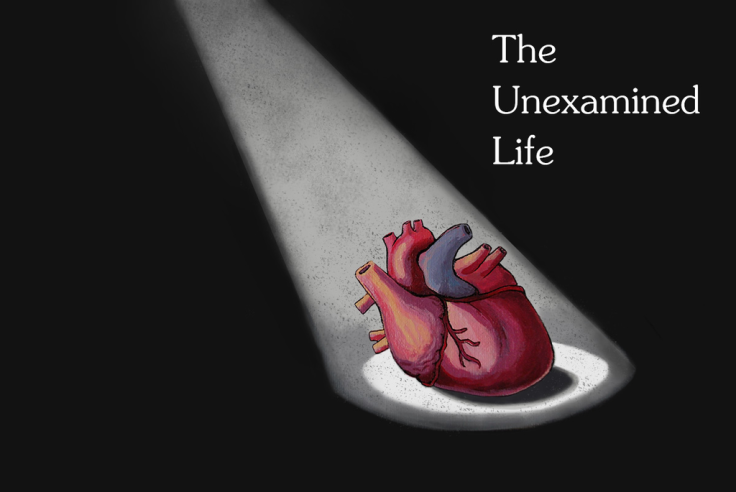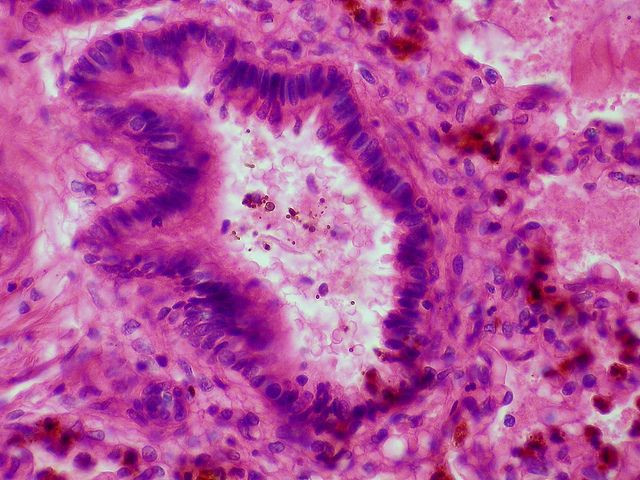How Do Fetuses Go To The Bathroom In The Womb?

At one point, we were all pee-drinkers.
It’s well-known that anything our pregnant mothers ate and drank also got absorbed into our own developing bodies. We weren’t “eating,” per se, simply taking in the byproducts of whatever our moms consumed. We did this through the placenta that connected our digestive system to theirs, and afterward we needed a way to expel the waste. Unfortunately, the luxuries of modern plumbing weren’t available to us yet, so we made do. And until we greeted the world, we swam in that resignation and even drank it in.
Hence, pee-drinkers.
What Leaves And What Doesn’t
There is a bit more to the story of how fetuses expel waste than just, “We fill our bedroom with urine.” Fetuses don’t breathe, but pregnant mothers do. The oxygen they take in transfers through the placenta to the fetus, which uses it up and produces carbon dioxide that gets sent back through the placenta and gets exhaled by the mother. Other substances like proteins, sugars, antibodies, and drugs — prescribed or illicit — also cross through the placenta to reach the fetus, says Dr. Arthur Zaltz, Chief of Obstetrics and Gynecology at Sunnybrook Health Sciences Center in Toronto. “Then the third issue is the baby’s intestinal tract.”
Here’s where things get more complex. Inside the baby’s digestive tract is a random mix of intestinal cells, hair, broken-down blood cells, and bile. “These are all things you or I would eliminate by going to the bathroom,” Zaltz said. “And the baby contains that within the intestine in something called meconium.”

If all goes to plan, it will never expel that meconium into the womb. The waste will stay inside the baby’s intestines until the mother gives birth, at which point it’ll discharge within the first few hours or days (apparently as a belated shower gift to the new parents).
Sometimes, if the delivery is particularly stressful for the baby, it might expel the meconium still in utero. This happens about 13 percent of the time, and 95 percent of those cases result in little to no concern. But five percent of the time, babies will breathe the meconium into their lungs and suffer a condition known as meconium aspiration syndrome (MAS). Roughly 25,000 to 30,000 cases of MAS occur each year, 1,000 of which result in death.
Don’t Go To Waste
Of course, the greatest threat to fetuses comes from a mother’s poor diet and unhealthy lifestyle. If she smokes, all the carcinogens contained within the cigarette pass through the placenta into the baby’s developing body and brain. Worse, the placenta may separate from the womb too early, which can lead to dangerous bleeding. With only one vein carrying blood to the baby and two arteries to ship it away, damaging that limited supply line could be catastrophic.
Ideally, all mothers will maintain a rounded and healthy diet, get a sensible amount of physical exercise, and avoid toxic environments. It’s unknown to what extent things like air pollution and exposure to harmful chemicals, such as those found in drinking water or plastic, set children on a certain course. But science at least knows the basic truth that they play a role.
So, a word to all expectant mothers: Your babies are too busy guzzling their own waste to have a voice in the matter, but if given the chance they’d probably push for a measure of caution.
Published by Medicaldaily.com



























